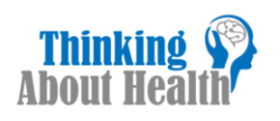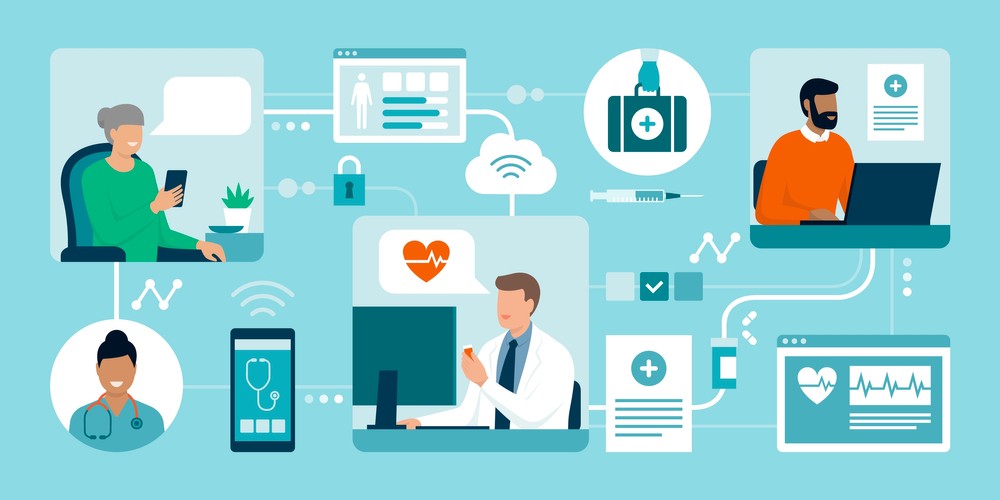Optimizing financial performance has become a top priority for healthcare institutions in today’s fast-changing healthcare environment. Healthcare providers are under additional pressure to ensure the most excellent quality of service and sound fiscal management as medical technologies develop, patient needs get more complicated, and regulatory requirements become more stringent.
Sound fiscal management and revenue integrity involves identifying and preventing potential causes of revenue leakage, billing errors, fraud, and compliance issues. In this regard, the Recovery Audit Contractor (RAC) tracker is a vital instrument.
An RAC tracker is a system designed to monitor and evaluate data on medical claims, identify errors, and assist companies in recouping lost revenue. These monitors are crucial for spotting mistakes in coding, fraudulent billing practices, and gaps in the paperwork that could lead to revenue losses or audit issues.
Introduction to RAC Trackers
Recovery Audit Contractor trackers, often known as RAC trackers, track and examine healthcare claims data to ensure revenue integrity. They are made to assist healthcare organizations in identifying possible sources of revenue leakage, billing errors, fraud, and compliance issues.
RAC trackers become crucial to guaranteeing healthcare revenue integrity by proactively identifying and fixing issues before they become financial losses or audit risks.
Vast volumes of claims data are analyzed by RAC trackers using sophisticated algorithms to find potential income leaks or non-compliance regions. They conduct a detailed analysis of medical claims, coding information, and supporting documentation to look for patterns, abnormalities, and discrepancies that might indicate potential problems.
These monitors can spot income leakage or non-compliance types, such as improper billing practices, upcoding, unbundling, and insufficient documentation. They can identify instances where services or systems were billed incorrectly or without documentation. RAC monitors can also look at billing patterns and trends to identify abnormalities or unexpected behaviors that can indicate fraud or regulatory violations.
In addition to identifying potential issues, RAC trackers are essential to the system. They are crucial for recovering revenue that has been lost and reducing audit risks. Healthcare organizations can effectively respond when potential issues are discovered by using RAC trackers.
Fiscal Success in Healthcare and the Role of RAC Trackers
Financial success in the healthcare industry has changed from a desirable result to a necessary condition for maintaining excellent patient care and operational performance. Healthcare organizations must manage costs, maximize revenue streams, and ensure compliance with ever-changing legislation. RAC trackers have become an essential force multiplier in this regard.
RAC trackers carefully evaluate healthcare organizations’ financial and operational aspects using cutting-edge data analytics and technology. By carefully examining billing and claims data, they locate possible anomalies and overpayments affecting an institution’s income and bottom line. These trackers also assist in identifying compliance weaknesses, guaranteeing compliance with complicated legislation, and reducing the danger of expensive fines.
Healthcare organizations may now proactively solve financial inefficiencies thanks to adopting RAC trackers. They give insights into revenue cycles, allowing immediate modifications and corrections to billing. Decision-makers can now access actionable data to help them make decisions that optimize resource allocation, reorganize operational processes, and boost overall financial performance.
In essence, RAC trackers have changed the parameters of healthcare financial success. They enable organizations to build a culture of continuous improvement and identify and resolve economic disparities. Incorporating RAC trackers is a strategic move to negotiate the complex convergence of finance, compliance, and patient-centered care as healthcare continues to change.
Benefits and Implementation Considerations
Detecting Revenue Leakages Early
Using RAC monitors helps identify possible areas for income leakage, billing errors, and compliance issues early on. By proactively tracking claims data, businesses may fix billing issues and halt revenue losses before they spread.
Ensuring Financial Compliances
The use of RAC trackers ensures compliance with laws and norms governing billing. By helping to find coding issues, inaccuracies in billing processes, and holes in the documentation, they help to reduce the likelihood of non-compliance and the resulting fines.
Improving Revenue Recovery
RAC trackers speed up revenue recovery by identifying and tracking issues that require more research. Organizations can more effectively recover lost revenue by facilitating efficient follow-up and corrective steps.
Optimizing Operations Efficiency
Operational efficiency increases using RAC trackers because employees are freed up to focus on other crucial tasks rather than spend too much time completing manual audits.
Reducing Audit Risks
By anticipating potential compliance problems and proactively identifying and resolving them, RAC trackers lower the likelihood of audit hazards. Organizations can use their resources more effectively due to being liberated from audits’ costly and resource-intensive nature.
However, there may be a few difficulties when integrating RAC trackers. Creating internal tracking systems or acquiring software may be upfront expenses related to deploying RAC trackers. Organizations should evaluate the cost-benefit ratio to ensure the investment meets their goals for revenue recovery.
RAC trackers manage confidential patient and financial data. Organizations must prioritize data security and ensure the required measures and procedures are in place to maintain data confidentiality, integrity, and availability. To guarantee that their workforce is informed about and proficient in using RAC trackers, healthcare organizations must also offer training programs and courses.
Conclusion
By minimizing revenue leakage, billing errors, fraud, and compliance issues, healthcare organizations can retain a solid financial position and profitability. The revenue integrity process relies heavily on RAC monitors, which aid in identifying potential income leakage and non-compliance areas.
They monitor and examine claims data and aid in the early detection of issues, improving compliance and revenue recovery, optimizing operational efficiency, and reducing audit risk.
Issues with costs, data security, and personnel training may arise and must be fixed. By using best practices in selection and execution, RAC tracker systems can assist organizations in maximizing their revenue integrity.





